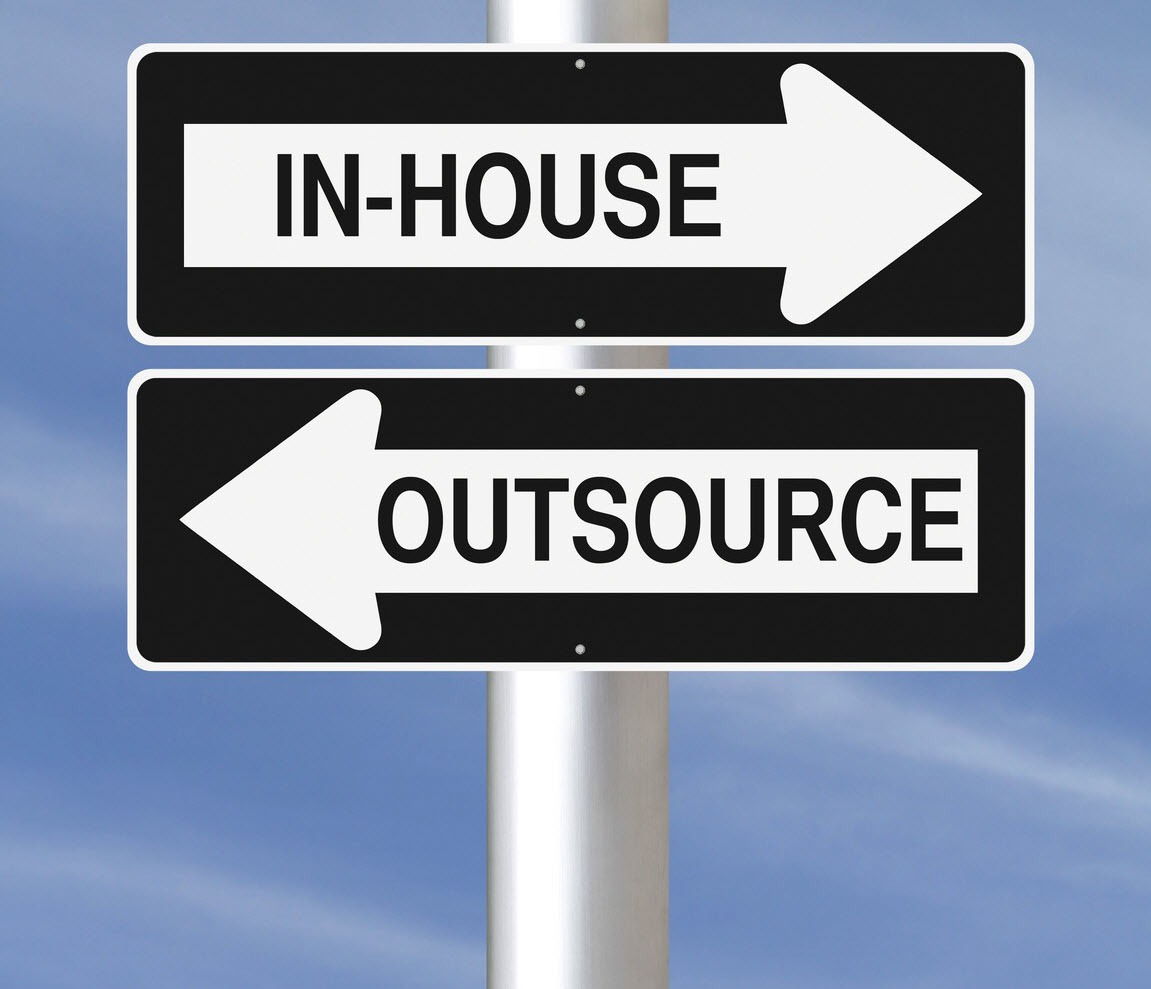Claim Denials are one of the leading reasons as to why most of the revenue loss happens to doctors and medical practitioners around the United States. Even Medical institutions are still unaware of the ways in which this can be avoided. Leaving this problem unchecked can result in heavy losses and needs to be dealt with as fast as possible. Without revenue, doctors cannot be expected to carry on their practice for long. So how can we deal with this problem? The answer is “Becoming familiar with the reasons for these denials will increase the ability to prevent them, in the future. Your medical billing staff should know of these discrepancies from the very beginning and they should know how to track the problem and it’s solution, as later on it can get nearly impossible to mitigate the losses.
Identifying the problems
The only way to solve a problem is by knowing what it is first. One cannot hope to solve a problem without knowing where exactly it lies and exactly what it is. This can be done by regularly monitoring claim submission report. They can be monitored on a monthly or even a weekly basis, depending upon the frequency of claims denial. The best way to prevent denial is, your claim submission should be accurate following CMS guidelines and should be within insurance filing limits. Your medical billing staff ought to update the reasons behind these denials and the immediate action that has to be taken to prevent further losses. Your medical billing staff should be aware about the Dr’s specialty and its billing prior working on denials.
Some of the most common reasons why claims are denied are-
1- Untimely filing denial
2- Incorrect modifier used on the claim
3- Incorrect coding
4- Lack of information
5- Medical necessity denial
6- Clerical error
7- Claim denied due to COB information
8- Pre-existing condition
9- Bundling\inclusive\exclusive\incidental or Global
10- Authorization denial
Troubleshoot the problems detected
Once the problem has been identified, it is imperative that certain policies and actions are undertaken to ensure that the cash flow of your institution is not interrupted. Your medical billing staff should be well equipped with the required knowledge and skill to maximize your reimbursement value. There are a set of procedures and actionable which should be adhered to in case of claims denial.
It is advised that your medical billing staff should have sound knowledge of accurately coding and billing while filing the claims, as there is scope for errors in this stage. They should be updated, especially since ICD 10 has been implemented on 1st October, 2015, on the codes that have to be billed upon. They should be trained to take special care while filling out the relevant data and information of the patients at the time of filing. Claims should be filed on a regular basis so that payment is assured to be on-time and any scope of error can be eliminated immediately.
Hiring a skilled staff which can take care of your medical billing is a difficult thing. Skilled workers are rare to find and those which are found can be very expensive to maintain. A very good option is to outsource your medical billing needs to companies which professionally handle Medical Billing Services. These companies train and retain skilled staff who have in-depth knowledge of coding and billing procedures. They update all information on a timely basis for you to review on your disposal and work under HIPAA guidelines, to ensure that your data remains private. Apart from being more efficient at medical billing than your regular staff, they are also much more cost effective. Outsourcing your medical billing needs will ensure minimum claims denial and maximize your reimbursement.
Your Medical billing staff should be aware about the description of each ANSI codes mentioned in EOB and off-course it’s action part.They should understand the concept of a Medical billing process which will help doctors or any Medical practitioners to increase their billing and decrease the denial payment.



